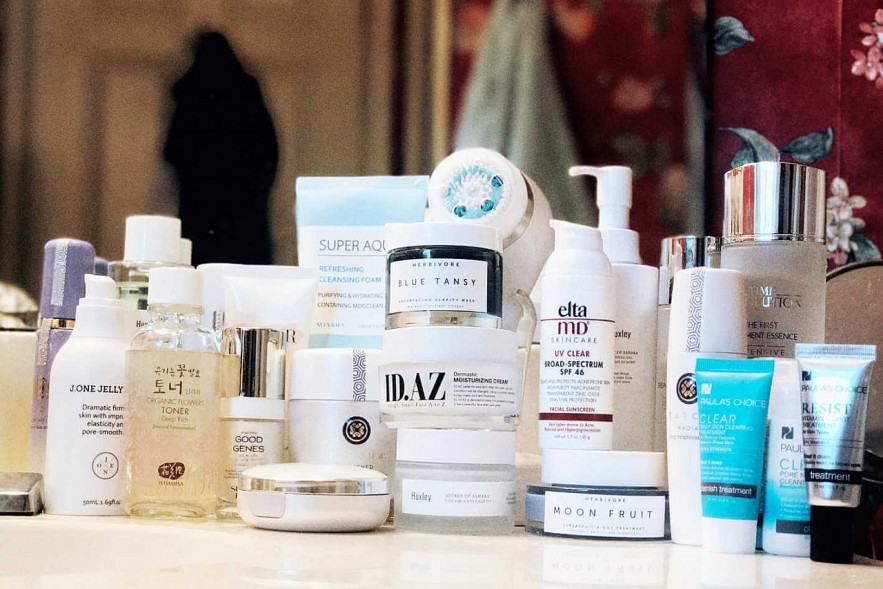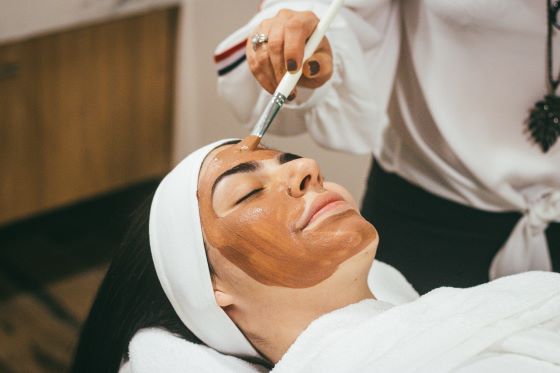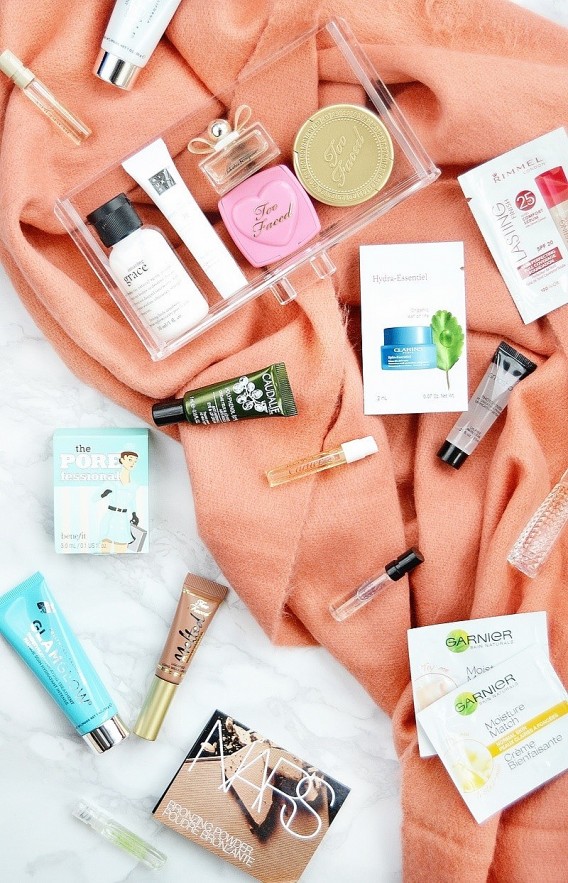
The Essential Skin Care Rules for a Glowing Complexion 2024
 Mohammad Sojib
Mohammad Sojib- 0
- 96
Skin Care Rules Achieving and maintaining healthy, radiant skin requires consistent care and knowledge about what truly benefits your skin. Whether you’re new to skincare or looking to refine your routine, there are fundamental skincare rules you must follow. These rules are designed to improve the health and appearance of your skin, ensuring it stays youthful and resilient.

Table of Contents
ToggleUnderstanding Your Skin Type Care Rules
Before diving into specific rules, it’s crucial to understand your skin type. Different skin types have different needs, and knowing whether you have oily, dry, combination, sensitive, or normal skin can guide you in selecting the right products.
- Oily Skin: Prone to excess oil production, leading to acne and enlarged pores.
- Dry Skin: Lacks moisture, making it flaky, itchy, and dull.
- Combination Skin: Features both oily and dry areas, often with an oily T-zone (forehead, nose, and chin).
- Sensitive Skin: Easily irritated, often reacting negatively to new products or harsh ingredients.
- Normal Skin: Well-balanced, with few imperfections and minor sensitivity.
Understanding your skin type helps in selecting products that will be most effective for your routine.
The Importance of Cleansing Care Rules
Cleansing is the foundation of any skincare routine. Dirt, oil, and impurities accumulate on your skin throughout the day, clogging pores and leading to breakouts. A gentle cleanser that suits your skin type will help remove these impurities without stripping your skin of its natural oils.
Cleansing Twice Daily Care Rules
- Morning: A morning cleanse removes sweat, oil, and any products applied overnight.
- Evening: At night, your skin needs a deeper cleanse to remove makeup, pollution, and excess oil.
It’s essential to use lukewarm water when cleansing, as hot water can strip the skin of its natural oils, while cold water may not effectively remove impurities.
Exfoliation: The Key to Smooth Skin Care Rules
Exfoliating removes dead skin cells from the surface of your skin, revealing a brighter and smoother complexion. However, over-exfoliating can lead to irritation and damage. Aim to exfoliate 1-3 times a week, depending on your skin type.
Types of Exfoliation Care Rules
- Physical Exfoliation: Involves using scrubs with small particles to slough off dead skin cells manually. Be cautious with this method, as harsh scrubs can create micro-tears in the skin.
- Chemical Exfoliation: Uses AHAs (Alpha Hydroxy Acids) or BHAs (Beta Hydroxy Acids) to dissolve dead skin cells without the need for scrubbing. Chemical exfoliants are gentler and more effective for most skin types.
Moisturizing: Keeping Skin Hydrated Care Rules
Moisturizing is vital for maintaining your skin’s hydration barrier. Whether you have dry or oily skin, a good moisturizer ensures your skin stays supple and protected from environmental stressors.
Choosing the Right Moisturizer Care Rules
- For Oily Skin: Opt for a light, oil-free moisturizer to avoid clogging pores.
- For Dry Skin: Look for rich, hydrating creams that contain ingredients like hyaluronic acid or ceramides.
- For Sensitive Skin: Choose products labeled fragrance-free and hypoallergenic to minimize irritation.
Apply moisturizer while your skin is still damp to lock in moisture.
Sun Protection: The Non-Negotiable Rule
If you want healthy skin, using sunscreen is non-negotiable. UV rays cause premature aging, and hyperpigmentation, and increase the risk of skin cancer. Wearing a broad-spectrum SPF 30 or higher every day—rain or shine—is one of the most effective ways to protect your skin.
How to Apply Sunscreen Care Rules
- Apply at least 15 minutes before sun exposure.
- Reapply every 2 hours or immediately after swimming or sweating.
- Don’t forget areas like the ears, neck, and hands.
Sunscreen should be the last step in your morning skincare routine.
Nighttime Routine: Repair and Rejuvenate
Your skin goes into repair mode while you sleep, making your nighttime routine just as important as your morning one. After cleansing, apply products that help with cell turnover and repair damage.

Key Nighttime Products
- Retinol: This vitamin A derivative helps with fine lines, and wrinkles, and improves skin texture.
- Serums: Antioxidant serums like vitamin C protect your skin from environmental damage and brighten your complexion.
- Night Cream: A richer, more hydrating moisturizer that supports skin repair while you sleep.
Healthy Diet for Glowing Skin
What you put into your body has a significant impact on your skin’s appearance. Eating a balanced diet rich in antioxidants, vitamins, and minerals helps your skin glow from the inside out.
Foods for Healthy Skin
- Omega-3 Fatty Acids: Found in fish, flaxseeds, and walnuts, omega-3s help keep skin soft and supple.
- Antioxidant-Rich Foods: Berries, leafy greens, and dark chocolate contain antioxidants that fight free radicals.
- Hydrating Foods: Cucumbers, watermelon, and oranges are high in water content, helping to keep skin hydrated.
Avoid excessive consumption of sugar and processed foods, as they can contribute to inflammation and breakouts.
Stay Hydrated
Drinking enough water is crucial for maintaining your skin’s elasticity and keeping it hydrated. Aim to drink at least 8 glasses of water per day to help flush out toxins and keep your skin clear.
Avoid Overloading Your Skin with Products
While it’s tempting to try every new product that promises flawless skin, using too many products can overwhelm your skin, leading to irritation and breakouts. Stick to a simple routine that includes a cleanser, moisturizer, and sunscreen, and gradually introduce new products to see how your skin reacts.
Consistency is Key
Consistency is essential for achieving and maintaining healthy skin. Skincare products take time to work, so be patient and stick to your routine. Skipping steps or changing products too frequently can hinder your progress.
Manage Stress
Stress can wreak havoc on your skin, leading to breakouts, dullness, and premature aging. Incorporating stress management techniques like meditation, exercise, or yoga into your daily routine can improve both your mental health and your skin.

Regular Skin Checkups
It’s important to regularly check your skin for any unusual changes or growths, especially if you spend a lot of time in the sun. Dermatologists recommend an annual skin check to monitor for signs of skin cancer or other skin conditions.

Assalamu Alaikum.. I am Mohammad Sojib I have been working in fashion for a long time I am in US and UK and I write about this topic in many places. I have been working and working on this topic for a long time
And I am a blogger I have been blogging about fashion for a long time in different places.



